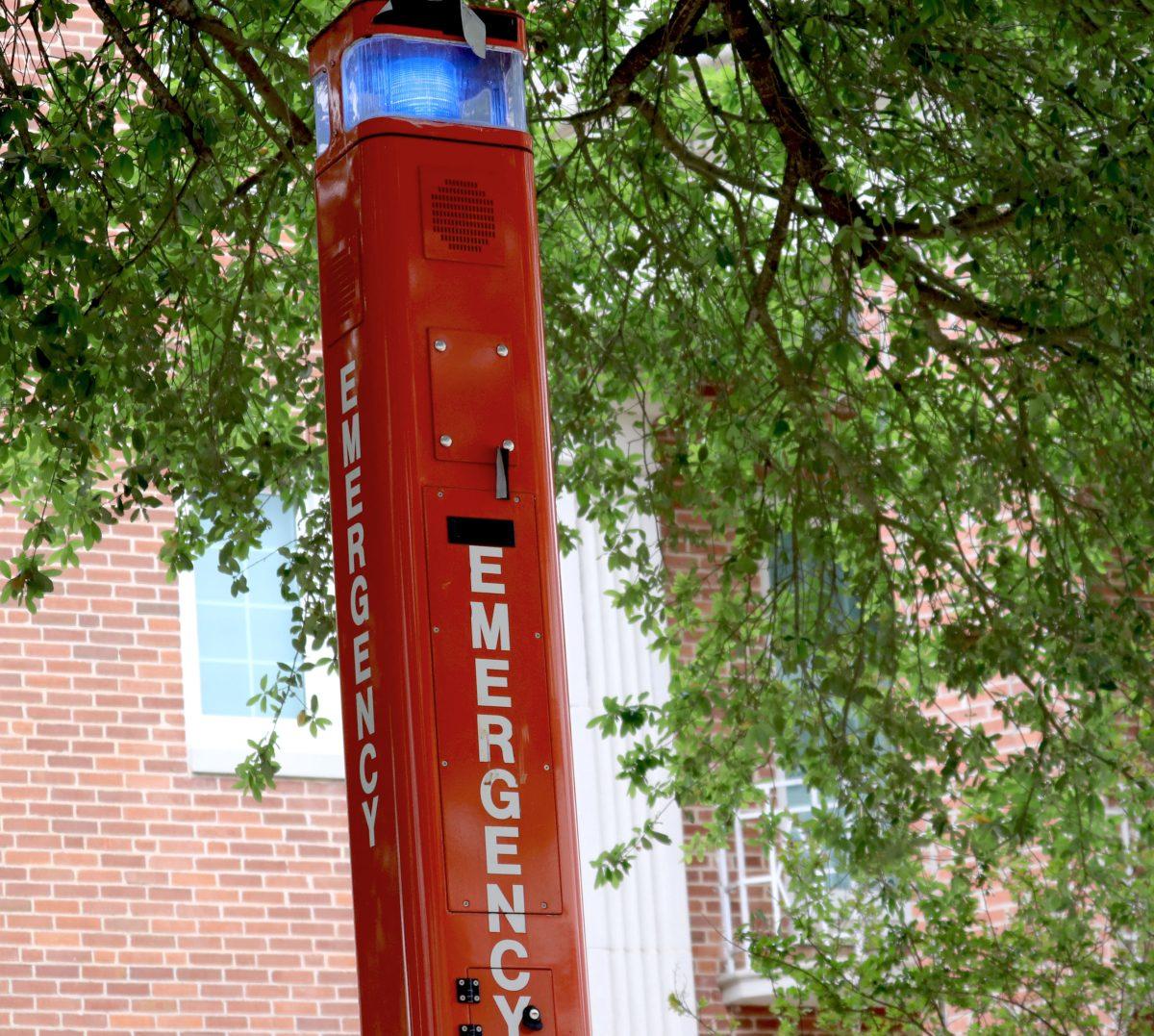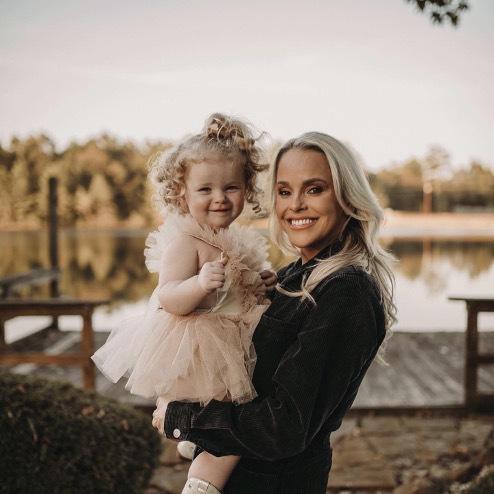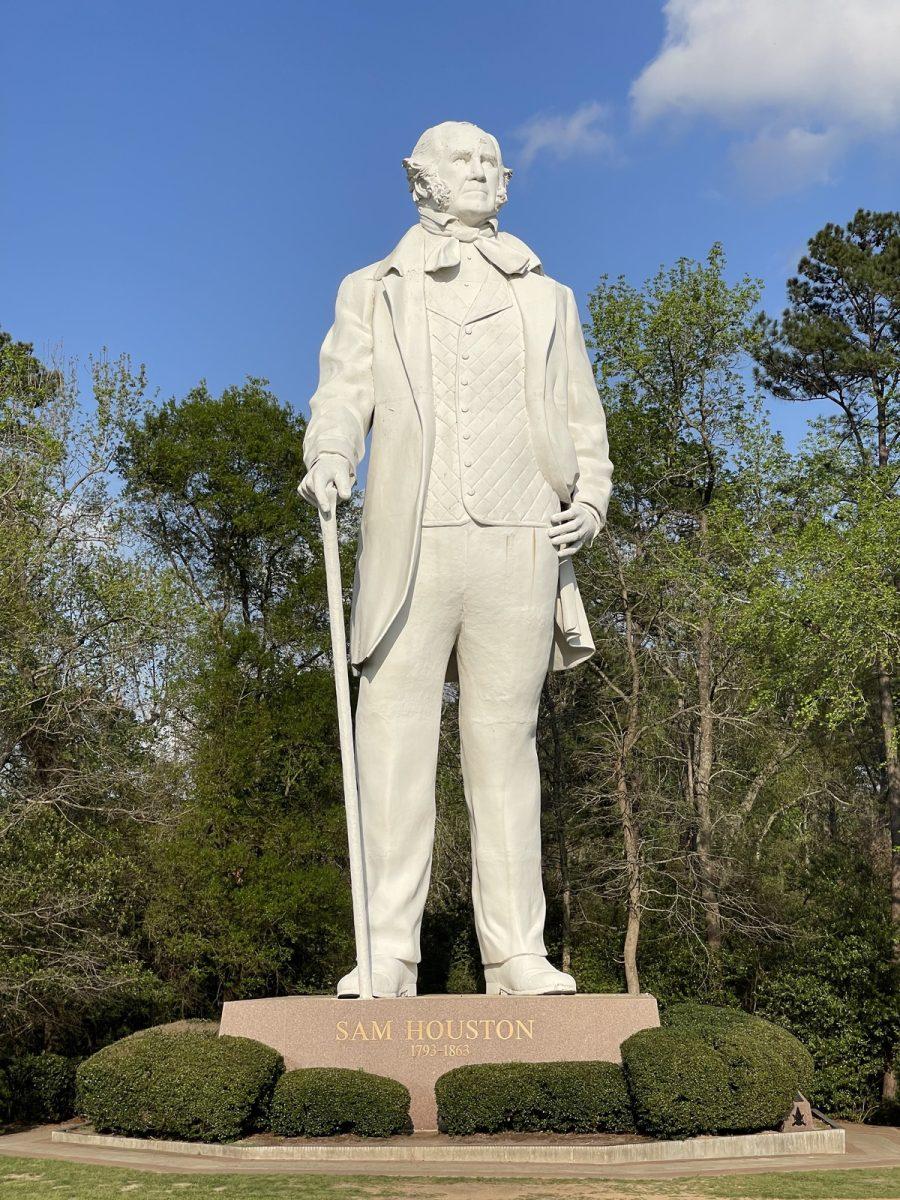On March 29, the subject of season one of the podcast “Serial,” Adnan Syed, was granted a new trial by the Maryland Court of Special Appeals.
Syed was convicted in 2000 of the 1999 murder of ex-girlfriend Hae Min Lee. In June 2016, Syed had his sentence vacated in appeals court, but the State quickly appealed. The State could still appeal this ruling, if it chooses to, within 30 days.
“Serial” premiered in late 2014 and became an instant sensation. To date, it has been downloaded over 150 million times, making it one of the most popular podcasts of all time. It is a spin-off of “This American Life,” one of the original podcasts on the medium.
Listeners quickly became enamored with the “week-by-week” podcast, the story and Syed himself. Syed was a 17-year-old high school senior in Baltimore when he was arrested for the murder of his ex-girlfriend; he has remained in jail since.
From the beginning, the case was objectively suspicious. There was no DNA tying Syed to the crime scene, or Lee herself. What got Syed convicted was cell phone tower pings and the testimony of a former acquaintance, Jay, who admitted to helping Syed bury the body. However, Jay was a local marijuana dealer and pathological liar.
The new trial was granted on the grounds that Syed’s attorney at the time, Christina Gutierrez, who died in 2004, did not provide an adequate defense. In fact, one of the main factors the judge cited in the decision was that Gutierrez had not called up an alibi witness. The witness was Asia McClain, a classmate Syed was with at the time of the murder.
The original trial ended in a mistrial and was followed by another trial that convicted Syed.
The case surrounding Syed was already remarkably weak, but detectives William Ritz and Gregory McGillivray and District Attorney Kevin Urick took it and ran. The policemen were later implicated in numerous wrongful arrests and convictions in the corrupt Baltimore Police Department.
The popularity of “Serial” has led to many spin-off podcasts and largely led to a boom in interest in podcasts overall. One notable podcast is “Undisclosed,” hosted by Syed’s family friend Rabia Chaudry, who is an attorney and prominently featured in “Serial.” Chaudry came out with her own book profiling Syed’s life and the case from the view of friends and family close to him.
If the case goes to trial, it would likely not take place until 2019. However, the state could still appeal the ruling and delay the process even further. Alternatively, they could decide to drop the charges, which is very unlikely. What Syed’s current attorney Justin Brown and “Undisclosed” contributor and lawyer Colin Miller expect is a plea deal from the State. In this case, Syed could be released based on an Alford Plea, granted when a defendant is able to maintain innocence while avoiding a trial. However, the State offering this and the fact that a retrial was granted at all shows the weakness in the evidence and case against Syed as a whole.
In the meantime, Syed’s family and legal team hope for him to be granted bail. How long that may take is unclear, but the state must respond in the next month, which will answer many questions for those close to Syed and “Serial” fans alike. Whatever happens, this podcast and investigation has brought a lot of attention to Syed, his case, and the flaws in the legal system.





